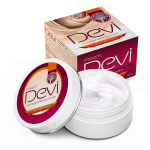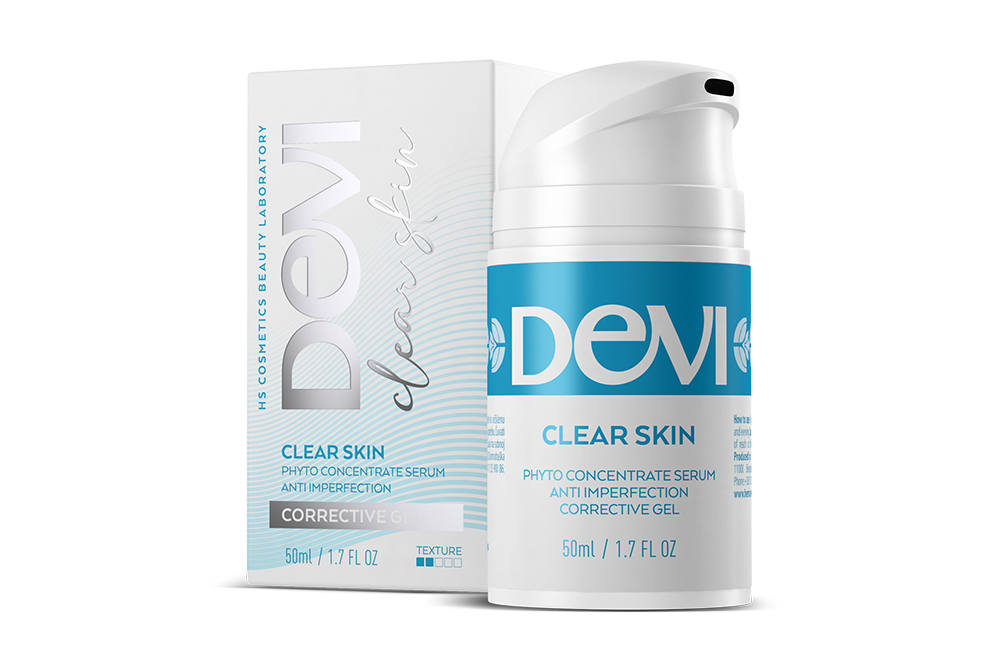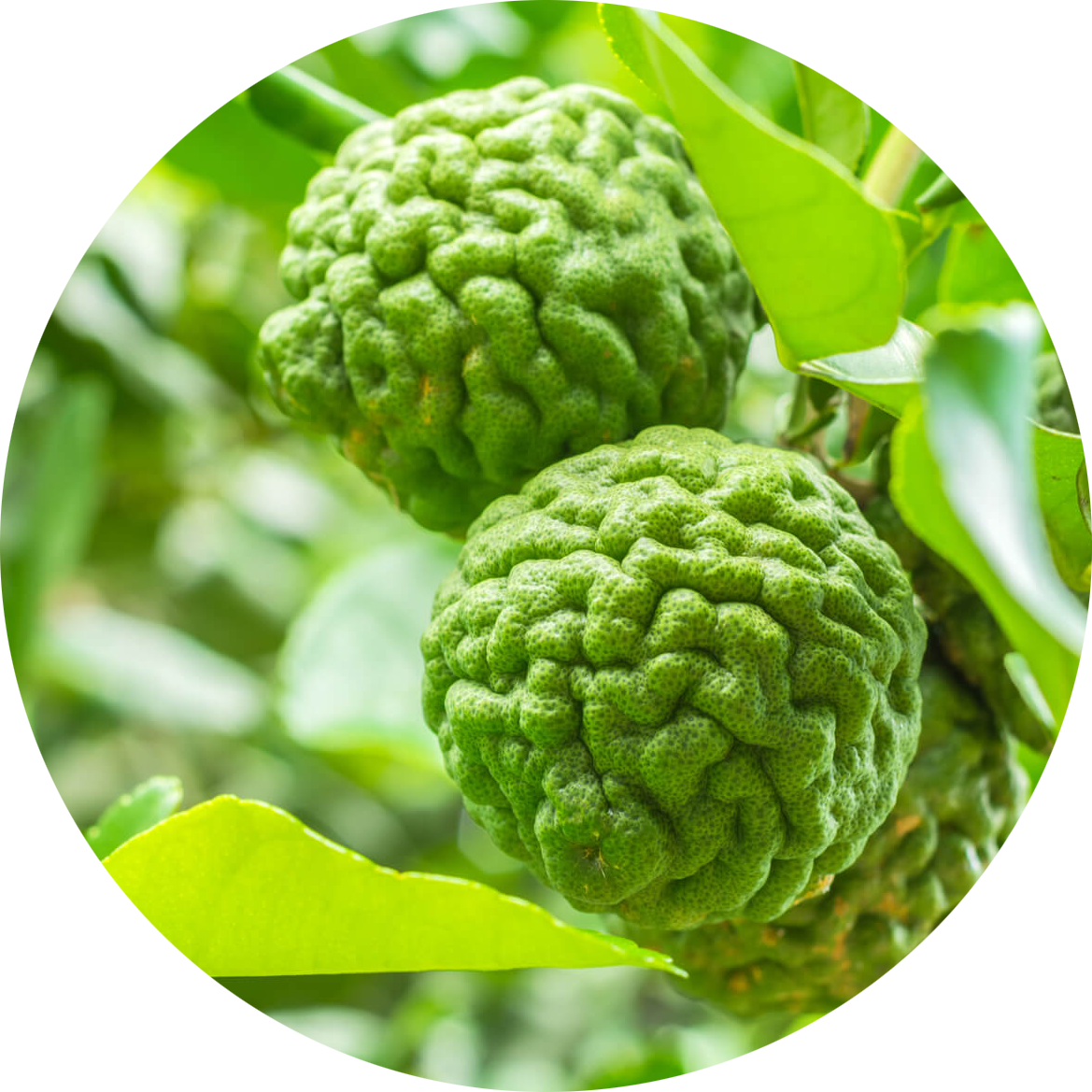(Citrus bergamia)
Everyone knows that the English are crazy about tea and that the most beloved and famous brand is Earl Gray. It is named after Charles Gray, an aristocrat and British Prime Minister between1830 and 1834, famous for numerous reforms, one of which brought a ban on slavery in the British Empire. What makes Earl Gray tea recognisable and different from all other black tea blends is the aroma of bergamot.
Of course, Mr Gray did not invent this recipe himself, and in fact it is not even known exactly how it came about. Two stories are circulating: according to one, a consignment of tea travelled together with boxes of bergamot, so the tea consignment was infused with aroma of this citrus fruit; according to the other, the mixture was made by a certain Chinese acquaintance of Gray’s to mask the unpleasant smell of hard water on his family estate. However, the aroma of bergamot became so popular that when the Twinings company that produces it changed its formula in 2011, there was a public outcry in Britain. In our part of the world, that would be tantamount to banning our home-brewed coffee.
WHAT IS BERGAMOT?
Anyway, what is bergamot? Citrus bergamia is a tree and fruit from the citrus family, it looks like a small orange, but is lime-coloured. Although it is full of vitamins C, B1, B2, A and potassium, the fruit is not eaten fresh due to its very strong sour taste. That is why it is usually candied and is a common ingredient in Turkish delight, and a very aromatic and refreshing oil is made from its skin. Although the word bergamot sounds Italian, where this citrus fruit is mostly grown, the origin of the word is actually Turkish – bey armut – which means a gentleman’s pear. Although grown throughout the Mediterranean, most bergamot plantations are in Calabria, making it its trademark.
Bergamot is so fragrant that it can lift our spirits in an instant. If we smell its essential oil in the morning, we will surely start the working day with enthusiasm and positivity. Aroma therapy with bergamot is a natural antidepressant: it reduces the feelings of stress, anxiety, disquiet, irritability, restlessness, depression and it acts against insomnia. Studies were conducted that have shown that bergamot aroma used in waiting rooms in a mental health treatment centre increases the feeling of positivity. Just inhaling the scent of bergamot has been proven to reduce the level of cortisol, a stress hormone. For people who are not able to control their appetite and are prone to overeating, it can help to normalise the need for food and thus cope with obesity, which was proven by an Italian clinical study. Another study went even further: by studying a formula based on polyphenols from bergamot, it proved that this citrus reduces the level of visceral fats and plasma lipids in obese people.
It is known that bergamot infusion has a series of beneficial effects. Earl Gray tea is thought to protect against cardiovascular disease precisely because it contains bergamot. A few drops of this essential oil mixed with olive oil helps digestion, reduces gas and bloating, acts against inflammation of urinary channels, reduces temperature and improves breathing. If rubbed into a sore spot it can help with headaches, muscle and joint aches.
This citrus fruit can also help with much more severe disorders: thanks to its anti-inflammatory and antioxidant properties, bergamot is a great prevention against cardiovascular, skin and mental disorders. By lowering the level of lipids in the blood, it has a cardio-protective effect, it protects blood vessels and prevents heart attacks and strokes. If we add to this the already mentioned fact that it affects the regulation of hunger and that it contributes to improving insulin sensitivity and glucose tolerance, bergamot is an excellent prevention against diabetes and metabolic syndrome and is especially useful in dealing with fatty liver. To make it even more miraculous, this plant also has the ability to affect the work of the hippocampus, thus improving the establishment of brain synapses, something that makes us feel clear-headed and improves our thought processes.
Its antibacterial and antiviral properties are the reason why it is often an ingredient used in deodorants, soaps and body care oils. But bergamot oil has another important quality when it comes to our skin.
BERGAMOT OIL, MEDICINE, SCENT AND BEAUTY
Bergamot oil effectively promotes the healing of wounds, acne scars, it soothes inflammation, neutralises hyperpigmentation and smoothes out stretch marks. Its regenerative and anti-inflammatory properties help with eczema and skin inflammation and therefore it is a frequent ingredient in natural cosmetic products.
Studies have shown that the use of bergamot oil is an excellent addition to psoriasis therapy. What is now well known and proven is that bergamot oil is effective in a number of bacterial strains, such as Campylobacter jejuni, Escherichia coli, Listeria monocytogenes, Bacillus cereus, Staphylococcus aureus, as well as dermatophytes and candida. With its anti-inflammatory effect, it soothes skin edema, while its anti-proliferative effect even prevents the spread of cancer cells. In addition to calming the mind, bergamot also has the power to reduce pain. It has this analgesic effect thanks to linalool, a natural terpene alcohol.
Another very useful and proven healing effect of bergamot will delight many women affected by hormonal imbalance. Excessive secretion of androgenic hormones also results in acne (acne vulgaris), a very common inflammatory skin disease. Citrus oil, including bergamot, reduces the growth of sebum-secreting sebaceous glands, inhibits triglyceride accumulation, releases inflammatory cytokines and promotes apoptosis within the gland, and improves the condition of acne lesions. So, in addition to reducing inflammation and preventing increased sebum secretion, bergamot will also regenerate wounds and acne scars.
It is precisely the regenerative properties of bergamot that are the reason why it is part of the Devi skin regeneration balm. This completely natural balm that contains high-quality ingredients is ideal for everyday skin care, but also for the skin affected by eczema, psoriasis, irritations, scars and burns. That is not all – bergamot oil is also part of the Clear skin gel which helps fight acne, as well as the Devi bust and décolletage gel: in addition to giving the skin of the cleavage a velvety appearance, it also adds a seductive scent. If we want to enhance the beneficial effect of bergamot for the whole body, we can use these balms while sipping Earl Gray tea, sweetening it with bergamot Turkish delight while fantasising about travelling to the tip of the Italian boot-shaped peninsula which abounds in the plantations of this citrus fruit. Bergamot is a balm for all the senses.



